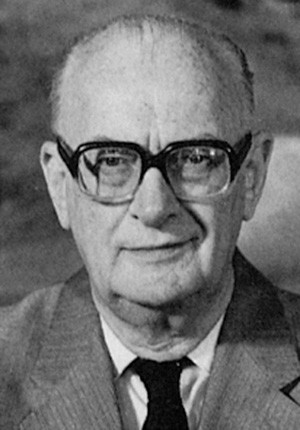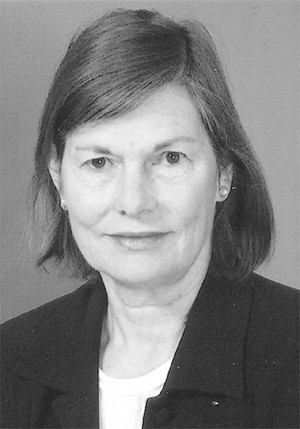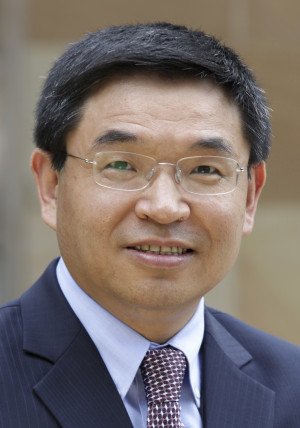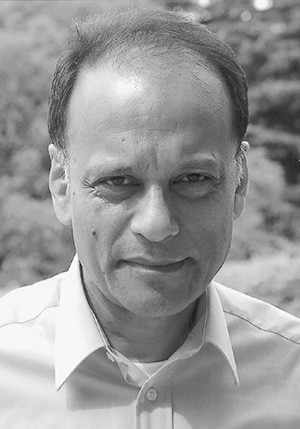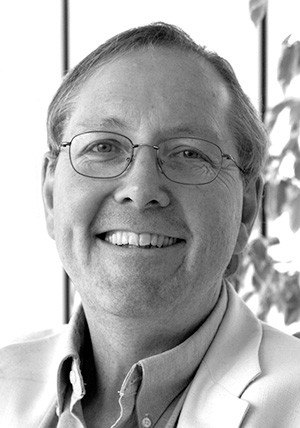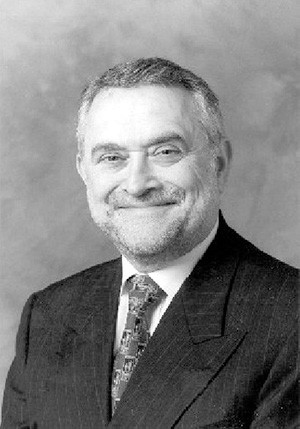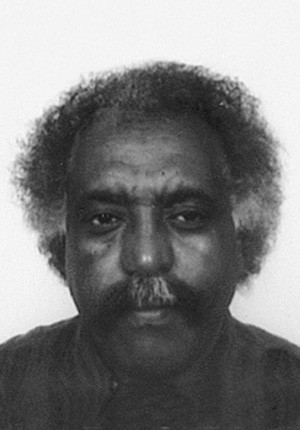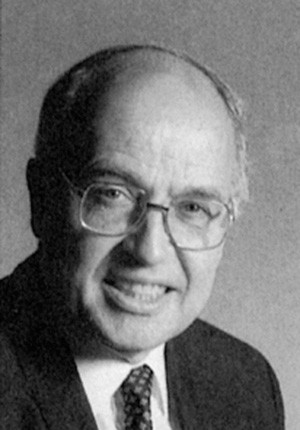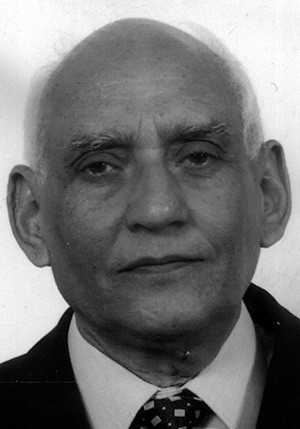Salam, Abdus
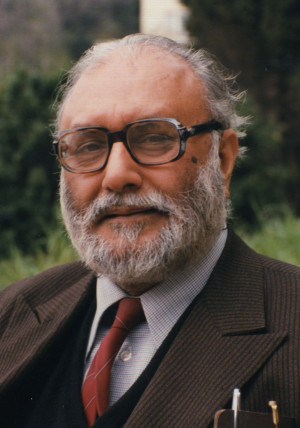
Nationality
Pakistan
Last country of residence
United Kingdom of Great Britain and Northern Ireland (the)
Biodata
Salam, a pioneering Pakistani theoretical physicist, earned his PhD in Cambridge, UK. He made significant contributions to the field of particle physics and his groundbreaking work in electroweak unification theory earned him the Nobel Prize in Physics in 1979, shared with Sheldon Glashow and Steven Weinberg. He played a crucial role in developing Pakistan’s scientific infrastructure, including founding the Space and Upper Atmosphere Research Commission (SUPARCO) and the Theoretical Physics Group. In 1964, he established the International Centre for Theoretical Physics (ICTP) in Trieste, Italy, to support scientists from developing countries, and served as its director until 1993. In 1983, Salam also founded TWAS—the Third World Academy of Sciences, as it was originally known—and was a leading figure in the creation of a number of international centres dedicated to the advancement of science and technology. He was a Fellow of the Pakistan Academy of Sciences and also a member of many other prestigious academies and societies in the world, among which the Royal Society (UK), the USSR Academy of Sciences, the National Academy of Sciences (USA), and the Accademia dei Lincei (Italy).
YEAR OF DEATH
Last updated on 23/09/2024

